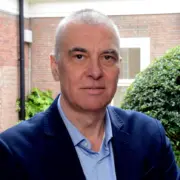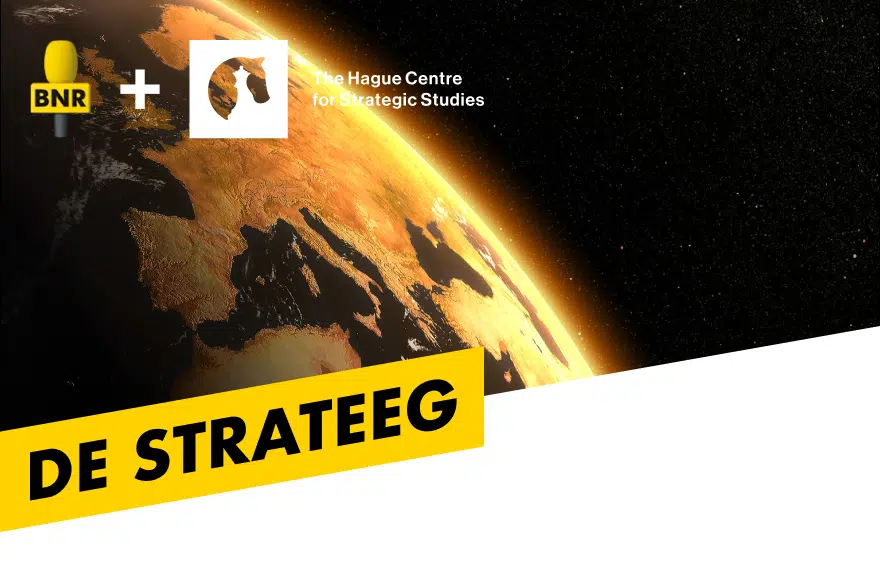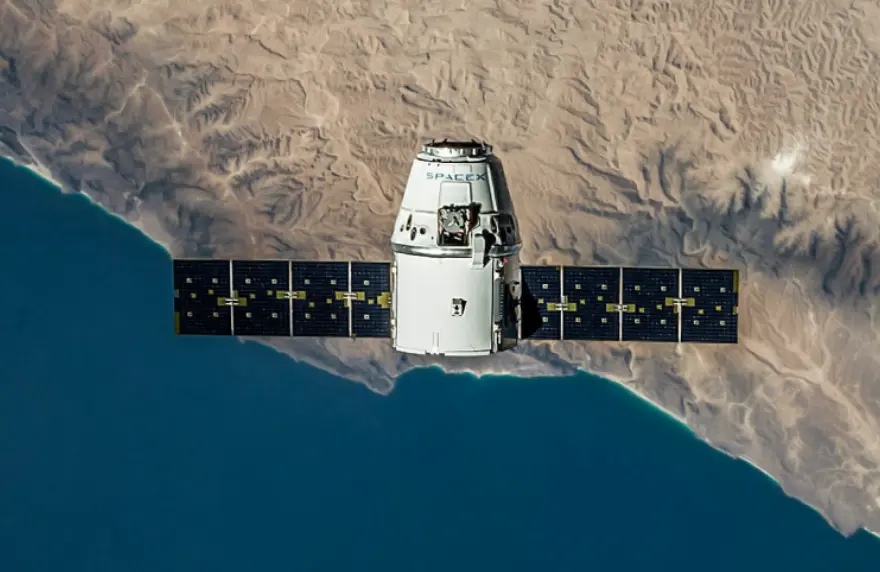Ter land, ter zee en in de lucht en nu ook in de ruimte. In de Amerikaanse Mojavewoestijn werd vandaag de eerste Nederlandse militaire nanosatelliet gelanceerd. Hiermee zijn we niet langer afhankelijk van satellieten van andere landen, die al wel in de ruimte aanwezig waren. Waarom is het zo belangrijk dat wij dat ook zijn? De satelliet, genaamd BRIK-II, is zo groot als een paar melkpakken. Hij heeft meerdere functies.
Krijgsmacht in de ruimte
De luchtmacht ziet het lanceren van de kleine satelliet als een mijlpaal. Want als je niet in de ruimte aanwezig bent, dan ben je geen serieuze krijgsmacht. “Het is heel belangrijk om in de ruimte krijgsmacht in te zetten om domeinen op het land, de lucht en op het water te beschermen en in de gaten te houden”, zegt strategisch analist Patrick Bolder van denktank HCSS.
Daarom is de lancering volgens hem erg belangrijk, omdat Nederland nu ook militair actief is in de ruimte. Nederland is er erg laat mee, want andere landen zijn al actief in de ruimte. “Engeland, Frankrijk en de Verenigde Staten hebben space force opgenomen binnen hun militaire organisatie. “Ook de Russen, Chinezen, Italianen, Indiërs en Duitsers zijn er al actief. “De ruimte is van iedereen, maar het raakt er voller en voller.” Dat Nederland zich nu pas in dat rijtje voegt, heeft met budget te maken.
Geen oorlog
De nanosatelliet moet het werk van de luchtmacht makkelijker maken. Bolder: “Stel je wilt precies bombarderen dan heb je een GPS-signaal nodig en dat kan deze satelliet geven. Zo krijg je geen nevenschade. Daarnaast kan hij ook heel veilig informatie sturen. Dat is heel belangrijk voor de politieke en militaire besluitvorming, zodat je zeker weet dat de informatie integer is en dat niemand ermee heeft geknoeid.”
En hoewel er nu geen oorlog in de ruimte wordt gevoerd, is er wel spanning volgens Bolder. “Landen laten hun spierballen zien. Ze zeggen daarmee: ook al ben je in de ruimte, betekent het niet dat je veilig bent”, legt hij uit. “Zo heeft Rusland onlangs laten zien dat ze hun satellieten heel dichtbij andere satellieten kunnen laten zweven. Dit betekent dat ze andere satellieten kunnen beschadigen en vernietigen.
Dit artikel verscheen voor het eerst bij RTL Nieuws. Bekijk de uitzending terug bij Editie NL.




